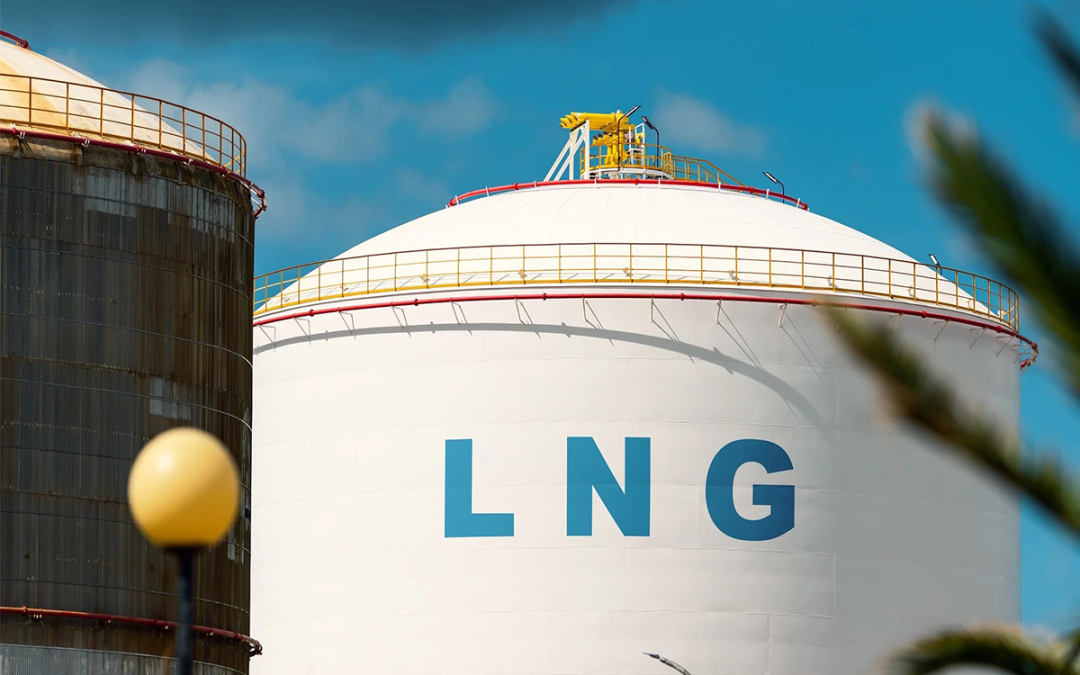The Palu LNG ship is headed to Greece to meet an increased gas demand for power as low renewables in the region pushed for spot LNG purchase.
The ship, which loaded at Sabine Pass Aug. 9, according to S&P Global Commodities at Sea, unloaded a partial cargo at Cartagena (Spain) Aug. 24 and is now heading to Greece’s Revithoussa terminal.
The ship is expected to reach Greece on Aug. 28 with a 463.000 MWh (or 68.389 cu m) cargo. according to the latest August unloading plan published by DESFA. The cargo is being imported by Metlen.
“Renewable power was very low for the last [week], so it has boosted up gas consumption from the power plants,” said a Greece-based trader. “Because there’s [not enough] LNG in the tank. it’s only, [around] 200.000-250.000 MWh, and maybe they didn’t expect this low renewable production..last week [gas] market jumped to Eur47-48/MWh.”
The trader added that the region was short of 20.000 MWh to 25.000 MWh of gas, as a result of which the balancing price for gas was double than the actual price.
This is also reflected on the LNG front, as East Med continues to be priced at a premium versus other European destinations.
The October DES East Med marker, for delivery into Greece, Turkey and Croatia, was priced at $12.427/MMBtu Aug. 23, a 22.5 cents/MMBtu premium versus DES Northwest Europe and 19.5 cents/MMBtu premium versus DES Mediterranean.
According to DESFA’s annual LNG unloading plan, the region’s players had originally intended to import around four cargoes in August, three of which were cancelled in later revisions.
Metlen imported one partial LNG cargo of 56.130 cu m or 380,000 MWh Aug. 3. The Aug. 28 spot cargo was reintroduced in the unloading plan after having been dropped earlier.
Greece’s increased power demand in the recent months, driven by heatwaves, was being quenched more by pipeline gas supplies than LNG imports.
Greece has imported a total of 1.5 Bcm LNG in 2024 so far, down 44% from the year-ago period. Commodity Insights data showed.
However, the fuel continues to be an important gas source for the region, especially to fill the gaps in times of fluctuations in supply.
“Just a small decrease in renewables can skyrocket the price on the day-ahead market, because you are congested on every [gas] entry point,” the trader said, adding, “That’s why LNG is very important in Greece.”
Platts is a part of Commodity Insights.
Source: Platts






